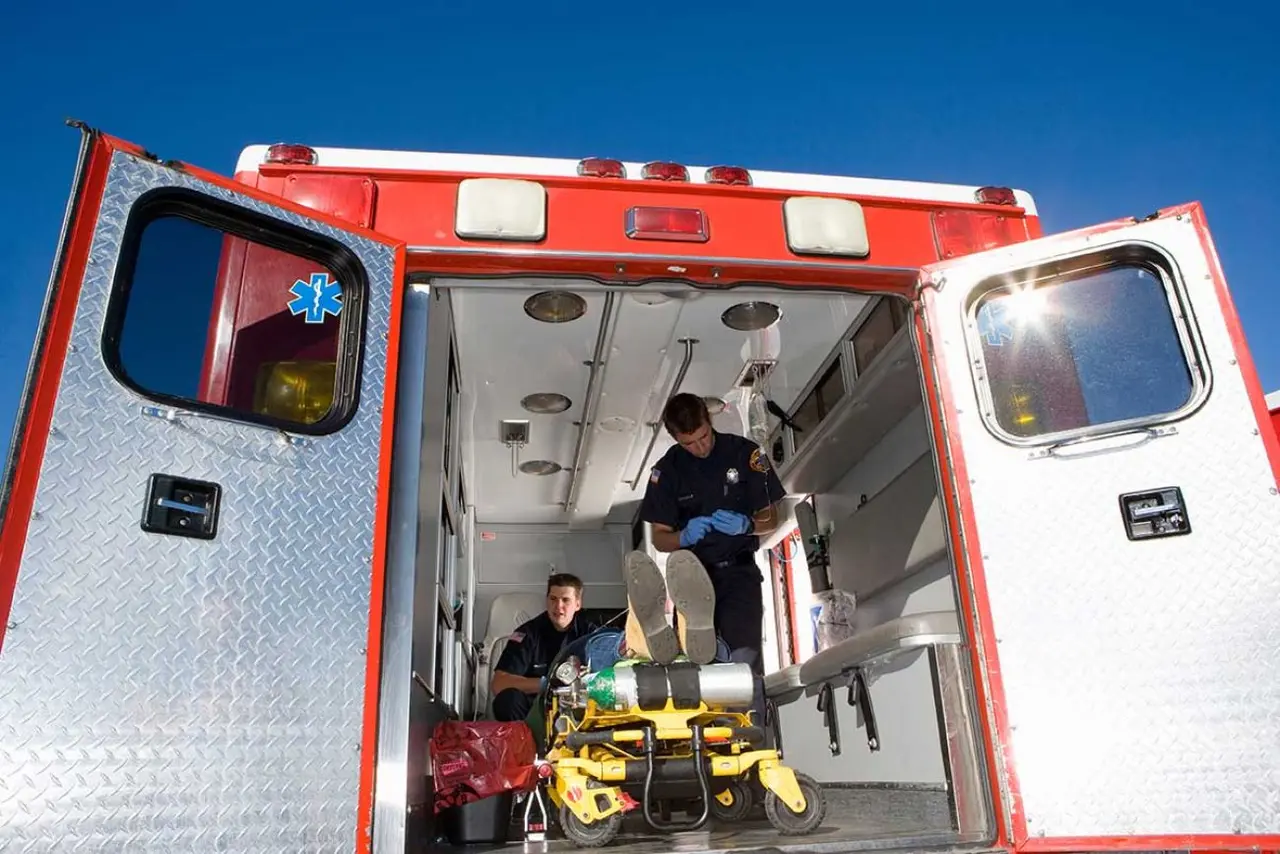Whether you’re starting your EMT training or working in the field, having the right emergency medical services (EMS) gear is non-negotiable. Your kit is your frontline tool it holds everything you need to assess, treat, and stabilize patients in fast-moving, high-pressure situations. But not all EMS kits are created equal. So how do you choose the right one for your needs?
At MedTech, we specialize in high-quality, student-focused clinical kits that meet the demands of EMS training and real-world response. In this article, we break down what makes a kit essential and how to select the right setup for your role and level of training.
Why the Right EMS Kit Matters
In emergency situations, every second counts. The gear in your kit could be the difference between a smooth intervention and a critical delay. A well-organized, properly equipped EMS kit:
- Supports efficient, on-the-spot decision-making
- Helps meet curriculum or certification standards
- Builds confidence in hands-on practice and clinical scenarios
- Ensures readiness in unpredictable field conditions
Whether you’re learning in a lab or riding along with professionals, your kit should match both the demands of your program and the realities of pre hospital care.
What’s in an Essential EMS Kit?
While contents vary by level (EMT-Basic, Advanced EMT, Paramedic), a high-quality EMS kit should include:
- Airway Management Tools Nasal/oral airways, bag-valve masks (BVMs), suction tubing
- Bleeding Control Supplies Trauma dressings, tourniquets
- Diagnostic Equipment Stethoscope, blood pressure cuff, pulse oximeter
- Immobilization & Splinting Gear SAM splints, cervical collars
- CPR Face Shield or Mask For safe resuscitation training and practice
- Notepad and Pen For patient assessments, documentation, and simulation notes
How to Choose the Right EMS Kit
Here are a few key factors to consider when selecting your EMS kit:
1. Training Level
Different certifications require different gear. EMT-Basic students may need a more focused kit, while Paramedic-level learners might use kits with advanced airway and assessment tools. Make sure your kit matches your curriculum.
2. Program Requirements
Many EMS programs have specific guidelines or required components. Before purchasing, check with your instructor or course coordinator to ensure your kit meets standards.
3. Hands-On vs. Clinical Use
Are you primarily using your kit in the classroom, or will you be taking it into the field? Kits for clinical settings may require more durable, portable gear. MedTech’s kits are built for both classroom and light field use.
4. Quality and Reliability
Not all tools are created equal. Choose kits that feature durable, professional-grade instruments that can handle repeated use, not just one-time simulations.
Why Choose MedTech Kits?
At MedTechKits.com, we understand that EMS education is fast-paced, hands-on, and constantly evolving. That’s why we work with instructors and professionals to build kits that are:
✅ Curriculum-aligned ✅ Built for repeated use ✅ Organized and easy to carry ✅ Reliable for clinical and field training
Whether you’re just starting your EMT journey or prepping for advanced fieldwork, our kits are designed to set you up for success.
Final Thoughts
The right EMS kit is more than a convenience it’s a training necessity. When you choose a kit designed to support your learning, you build habits, skills, and confidence that carry into real-world care. Make sure your gear is up to the task.
Explore our full collection of EMS and EMT kits today and find the gear that matches your training level and goals.
👉 Shop Now 📞 Or call us at 844-800-8740 for expert assistance.

